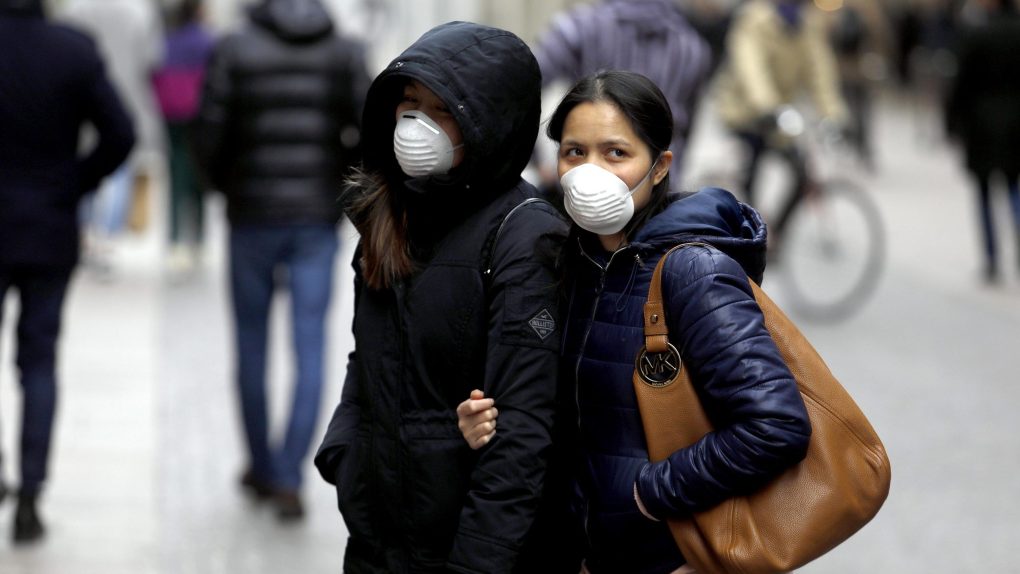- Researchers in the Netherlands discovered that COVID-19 patients who exhibit mild symptoms can be far more contagious than we thought.
- Even people who don’t have any symptoms can infect others from the first sneeze or cough.
- The research further underscores the need to practice social distancing and increase the amount of testing in all countries affected by the disease.
- Visit BGR’s homepage for more stories.
With each day that goes by, researchers are making more progress while studying the novel coronavirus outbreak. Some teams have been able to prove beyond any doubt that the COVID-19 virus wasn’t engineered in a lab as a bioweapon, which is critical information for fighting the disease as well as the conspiracy theories floating around. Others have figured out how the immune system responds to the infection in mild-to-moderate cases, but no one can explain why the body fails to kill off the infection in severe cases. Scientists around the world are also working on vaccines and developing treatments based on drugs that are normally used to treat other ailments. Researchers from the Netherlands have analyzed the way the pathogen is transmitted from human to human, concluding that the virus is highly contagious even in cases where patients only experience minor symptoms.
“In this infection, we see very high levels of virus in the upper airway, in the nose and throat,” Marion Koopmans, head of the department of virus science at the Erasmus Medical Center in Rotterdam, Netherlands, told NPR. That means the novel coronavirus can infect others from “the moment you start to sneeze [or] you start to cough.”
Because the early symptoms vary from case to case and often mimick a cold or the flu, some infected people might still move through public places without realizing how contagious they really are. Some people might not even experience symptoms, but they can still infect others.
Koopmans realized how dangerous the COVID-19 virus is when it comes to contagiousness when she was studying the evolution of the disease in the Netherlands. Initially, the country screened patients with a history of foreign travel, but then the doctors noted a few cases with an untraceable origin. At that point, her team started testing health care workers in the hospitals where cases were reported, discovering that some of them were mildly ill and still highly infectious.
“People can have really mild complaints, just a cough, just a sore throat, and already have a lot of virus [in their system],” she said. The researcher also studied the mutation of the virus and found “there are no real obvious changes that would be of concern,” which is at least one piece of good news.
These developments explain why the virus is so hard to contain and why strict social distancing measures are required to reduce the rate of infections. Staying isolated indoors as much as possible can help you avoid infections, but it will also prevent you from passing the virus to others, especially if you’re one of the cases that show no symptoms. The longer we avoid contact, the faster the virus can be stopped, even without a vaccine.
It’s also very important to wash your hands often, especially when returning home, and using disinfectant after touching surfaces in public places. Touching your face is also something that can easily cause infection, so you should always be conscious of what your hands are doing. Finally, you should make sure you cover your face when you sneeze and cough, preferably with the inside of your elbow or a tissue, and then immediately wash your hands.
More widespread testing is needed in Europe and the US to determine exactly what percentage of the population has the virus and help us decide whether stricter social distancing measures are needed. “The European countries are not testing properly,” Inserm’s director of research Marie-Paule Kieny said. “I think it’s not better in the US, by the way.” Inserm is a French organization that studies public health.
As of the time of this writing, the Netherlands had almost 2,500 reported cases, while France reported nearly 11,000 COVID-19 infections.








